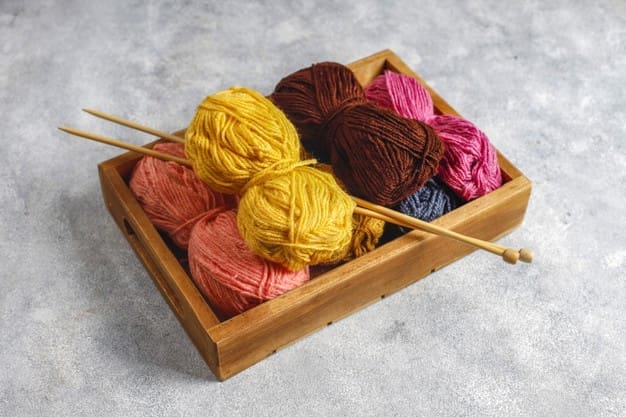This week’s Australian auctions saw higher Merino and crossbred wool prices thanks to increased interest from Indian and European buyers, as well as stable Chinese demand.
The Australian Wool Exchange reported that the market rose for the third week in a row, with the AWEX Eastern Market Indicator adding 23 cents to close at A1343c/kg clean.
“This was the highest the point of the EMI this season, narrowly beating the previous high of 1242 cents reached in April,” AWEX said.
AWEX said although the largest price improvements were again seen in the finer Merino fleece types, nearly all sectors of the market enjoyed rises this week.
“Strong widespread competition for Merino fleece types helped the market higher, and the prices being achieved continued to improve as the sale progressed.
AWEX said all the indicators in the western region, which sold last, closed at or above those in the east.
“By the end of the series the individual Micron Price Guides (MPGs) across the country added between 6 and 63 cents, the only exception was 20/21 micron in the north which posted small losses.”
AWEX said the Merino skirting types also attracted excellent buyer support and followed a similar path to the fleece.
“Prices generally rose by 40 to 80 cents, lower vegetable matter wools and those finer than 18 micron were most affected.”
AWEX said crossbred wools also recorded general overall increases, with the main buyer interest focussed on the better prepared lines. These wools all sold at higher levels than the previous series.
The Merino carding indicators (MC) recorded increases in all three centres for the first time since April, as solid demand for oddment types pushed the MCs up by an average of 11 cents, AWEX said.
Reinvigorated Indian and European buying – AWI
Australian Wool Innovation trade consultant Scott Carmody said a combination of steady demand from China and a reinvigoration of Indian and European buying provided the impetus.
“This is the third consecutive week the market has headed in a positive direction.
“Additional assistance arose from the stable forex rates in the major trading currencies against the Australian dollar and upcoming auction volumes in decline.”
He said the US$EMI was 1.7pc or US17 cents higher to US1040c/kg clean.
Mr Carmody said more widespread interest from buyers was apparent this week.
“Higher vegetable matter (VM) sale lots in the Merino sector were readily absorbed into buyer orders, particularly for those lots finer than 20 micron.
“Discounts for usually inferior-priced lots such as low tensile strength (nkt), low yield or higher position of break in middle (pobM) were vastly reduced as buyers scrambled for “anything cheaper”,” he said.
“The price gaps for Merino wool finer than 20 micron are substantial this week, with the 18 to 20 micron differential sitting at around 32 cents per point of a micron or over 320 cents for a full micron.
“Finer than 18 micron is even greater at around 400 cents for a whole micron difference,” Mr Carmody said.
“Broad and strong wool Merino (>20 micron) sits at 5 to 10 cents per point.
“The 25 to 29 micron crossbred types are around 10 cents per point and broader are plus 5 to 8 cents.”
Mr Carmody said the strength of top maker buying improved again this week as they took on the local Australian traders to garner more inventory.
“Both Chinese and European manufacturers exerted more influence upon both the Merino and crossbred sectors, while the local Australian processors appeared at the top of carding buyers lists alongside traders.”
According to AWEX, there will be no sales in Fremantle next week, reducing the national offering. Only Sydney and Melbourne are now operating, with a total of 38,674 bales available.

